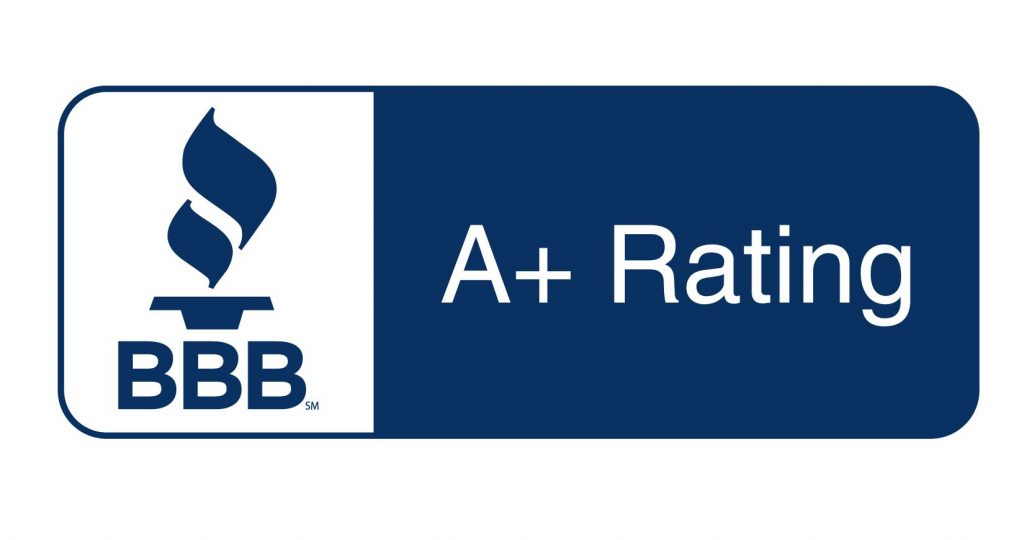What Is a C-SNP – “C-SNP” is the abbreviation for one type of Medicare Advantage plan. SNP stands for Special Needs Plan, and C stands for chronic conditions. These plans are tailored to specific medical conditions, and you must meet certain eligibility requirements to enroll.
If you have a chronic condition, a C-SNP might be a good option for you. Let’s talk about how these plans work and what kinds of conditions they include.
How do C-SNPs work?
The Centers for Disease Control and Prevention (CDC) defines chronic conditions as those that last more than one year and that either require ongoing medical attention or severely limit the activities of daily living.
C-SNPs are designed around the treatment that is needed for a specific long-term chronic condition. These include dementia, diabetes, or heart disease. Because those conditions require extensive medical attention, C-SNPs tailor their benefits around the unique treatment that is required.
A C-SNP allows individuals access to medical professionals and hospitals who specialize in that condition or disease. They also include prescription drug coverage using formularies that include coverage for the prescriptions that are needed to treat the condition.
Some C-SNPs include the help of a care coordinator, who provides personal assistance and oversight of your appointments and care coordination.
C-SNPs may also include health and wellness programs, counseling on proper nutrition, and diabetes management services. Since a C-SNP is a type of Medicare Advantage plan, you may also have extra benefits for routine dental, vision, and hearing care.
How much do C-SNPs cost?
C-SNPs vary in coverage and cost. Generally speaking, premiums for a C-SNP should be relatively low; some even have $0 monthly premiums. However, you will still be required to pay the Part B premium.
Outside of your premium, you might have an annual deductible and then copayment or coinsurance costs. Like other Medicare advantage plans, C-SNPs will rely on provider networks. Staying within the plan’s service area is the best way to keep your out-of-pocket costs to a minimum.
To get a more accurate idea of these costs, you should consult the plan’s summary of benefits. This will include a breakdown of how much you’ll pay for each type of service.

Who is eligible for a C-SNP?
As we said in the beginning, you must have a chronic condition to be eligible for a C-SNP. In addition, a plan must be available in your zip code. In some areas, no C-SNPs are available, so you won’t be able to enroll.
The chronic conditions that will qualify you for a C-SNP include:
- Cancer
- Autoimmune disorders like:
- systemic lupus
- rheumatoid arthritis
- polymyalgia rheumatica
- polyarteritis nodosa
- polymyositis
- Chronic heart failure (CHF)
- Cardiovascular disorders like:
- cardiac arrhythmias
- coronary artery disease
- chronic venous thromboembolic disorder
- peripheral vascular disease
- Chronic substance abuse or drug or alcohol abuse
- Chronic lung disorders like:
- chronic bronchitis
- asthma
- emphysema
- pulmonary hypertension
- Diabetes
- End-stage renal disease
- End-stage liver disease
- Dementia
- HIV / AIDS
- Hematologic disorders like:
- hemophilia
- aplastic anemia
- sickle cell disease
- myelodysplastic syndrome
- immune thrombocytopenic purpura
- Mental health conditions like
- paranoid disorder
- major depressive disorders
- bipolar disorders
- schizoaffective disorder
- schizophrenia
- Neurologic disorders like:
- extensive paralysis
- epilepsy
- Huntington’s disease
- ALS (amyotrophic lateral sclerosis)
- multiple sclerosis
- Parkinson’s disease
- polyneuropathy
- spinal stenosis
- neurologic deficit from stroke
- Stroke
When can I enroll in a C-SNP?
If you have or develop any of these severe or disabling chronic conditions, you are eligible for a Special Enrollment Period, and you can enroll at any time. You do not have to wait for a specific enrollment window.
When you enroll, your doctor will likely need to fill out the Chronic Condition Verification Form so that the insurance carrier can verify your eligibility.
Other enrollment periods include your Initial Enrollment Period, which is a 7-month window around your 65th birthday. Or, you can enroll during the Annual Enrollment Period, which runs from October 15 to December 7 every year. If you enroll during the AEP, your coverage will be effective on January 1.
Think you might be eligible for a C-SNP? Give our Medicare advisors a call today. We can go through the eligibility questions to determine if you might be able to benefit from one of these plans.





